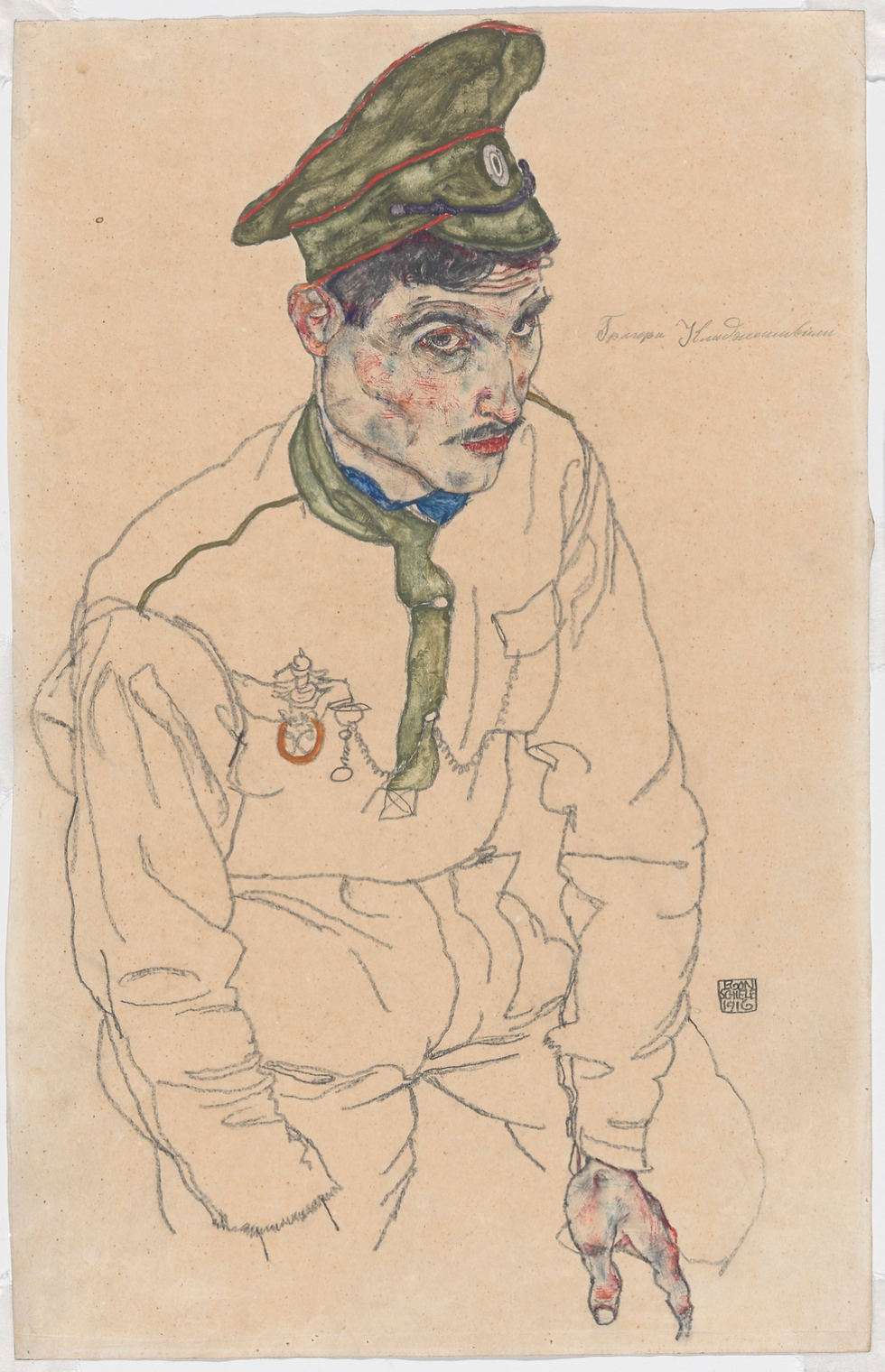No mistake about The Fang mask, says the French court
- Anne-Sophie Nardon

- Mar 15, 2024
- 4 min read
Updated: Mar 24, 2025
By Anne-Sophie Nardon
Avocate, Borghese Associes
The first instance court of Alès[1] recently ruled in favour of a broker to whom a French couple had sold an inherited traditional Gabonese mask for 150 euros in 2021. Six months later, after further analysis revealing it was in fact an extremely rare Fang mask of the Ngil secret society, the mask was bought at auction at 4.2 million euros. The case essentially relied on the French concept of error on the essential qualities of a good provided for by article 1130 of the civil code.
The court of Alès has recently rendered a notable ruling in a case concerning a dispute over a traditional Gabonese Fang mask, and highlighted the critical role of consent concerning the essential qualities of an item in French contract law, with implications that resonate within the international art market. The case involved a French couple who, unaware of the significant cultural and monetary value of the Fang mask they had inherited and in the process of clearing their second home before moving out, sold it to a broker for €150. The broker later auctioned the mask for a staggering €4.2 million, after discovering that it was a rare artefact of the Ngil secret society. The couple took the dealer to court, seeking to annul the original sale on the grounds that their consent had been given in error. In the recital, the court mentions that prior to the claim, the broker had offered the couple to repay them 300.000 €, an offer declined because of the opposition of the couple’s children.
According to French law, a contract must satisfy certain conditions to be valid, including the lawfulness and certainty of its content, the legal capacity of the parties and the validity of their consent. Crucially, consent can be invalidated if it is affected by an error, understood as a discrepancy between the errans' belief and the reality of the facts. However, while it is considered natural for the law to protect those who make mistakes, it cannot come to the aid of those who show excessive carelessness. The error has to be a forgivable one. This is assessed by the judge according to the person; the errans will be judged more severely if they are a professional or if the error derives from their own performance.[1] Tribunal judiciaire d’Alès, Chambre civile 1, 19 décembre 2023
The possible annulment of an art sale due to a mistake about the artwork's essential qualities arose in the seventies with the "Poussin" case law[2] about a dispute over the sale of a painting initially sold as Carraci School. The State preempted it and exhibited the painting at the Louvre as a Nicolas Poussin. The crux of the legal issue was whether the error regarding the painting's attribution - a critical aspect influencing the artwork's value and the buyer's decision to purchase - constituted a mistake about the essential qualities of the sold item, justifying the annulment of the sale. The French court concluded that such a mistake did indeed pertain to the painting's essential qualities.
In the present case, the court's deliberations made it clear that not all mistakes can affect the consent and invalidate a contract; the mistake must relate to an essential characteristic of the object sold, which in this case was the cultural and financial value of the mask. The court found that the couple's mistake met this criterion, as their consent was based on the belief that the mask was an ordinary artefact, rather than a rare and valuable piece of Gabonese heritage.
However, legal doctrine also requires that the mistake be forgivable, a determination made at the discretion of the court based on the circumstances of each party. In this case, while the couple argued that their mistake was excusable, the court noted that the couple knew the origin of the African object that had been given to them by the husband’s paternal grandfather, governor of the Congo from 1917 to 1919. They also knew that their ancestor had been close to the Governor of French Equatorial Africa that included Gabon, the Middle Congo, Oubangui-Chari and Chad, and a friend of Maurice Delafosse, a French colonial administrator, ethnologist, and lover of African art. In view of this context, the court decided that the couple had failed to diligently examine the evidence of the mask's authenticity and provenance that they had. Furthermore, the broker, who was not an expert in African art, only became aware of the mask's value after the sale and through subsequent appraisals. This led the court to conclude that the couple’s error was inexcusable due to negligence and carelessness.
It should also be noted that the Republic of Gabon the Gabonese Republic, represented by the French State Judicial Agency, filed a voluntary intervention in the matter, asking for the annulment of the subsequent auction sale, and claiming ownership of the mask. The court rejected the voluntary intervention as having no sufficient link with the object of the dispute between the dealer and the couple, which concerned the annulment of the first sale of the Fang Mask of 150 €, and the price that the dealer received at auction. The court pointed out that the mask had been sold and was no longer in the parties’ possession.
The matter is now in the hands of the appeal court.
[1]Tribunal judiciaire d’Alès, Chambre civile 1, 19 décembre 2023
[2] Cour de Cassation, Chambre civile 1, du 22 février 1978, 76-11.551



Comments